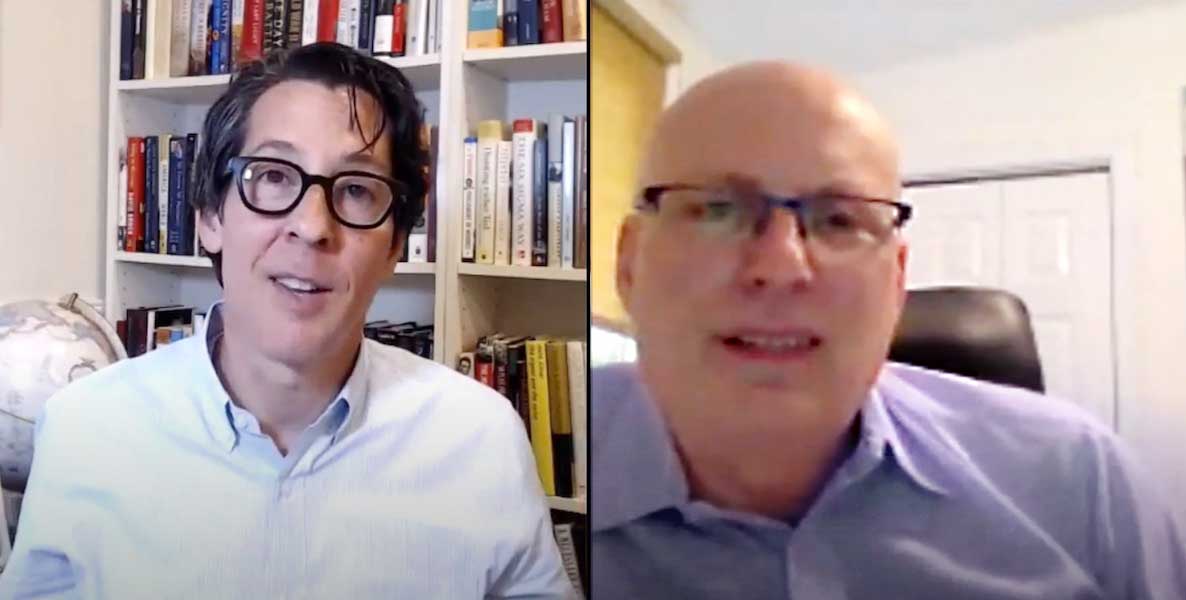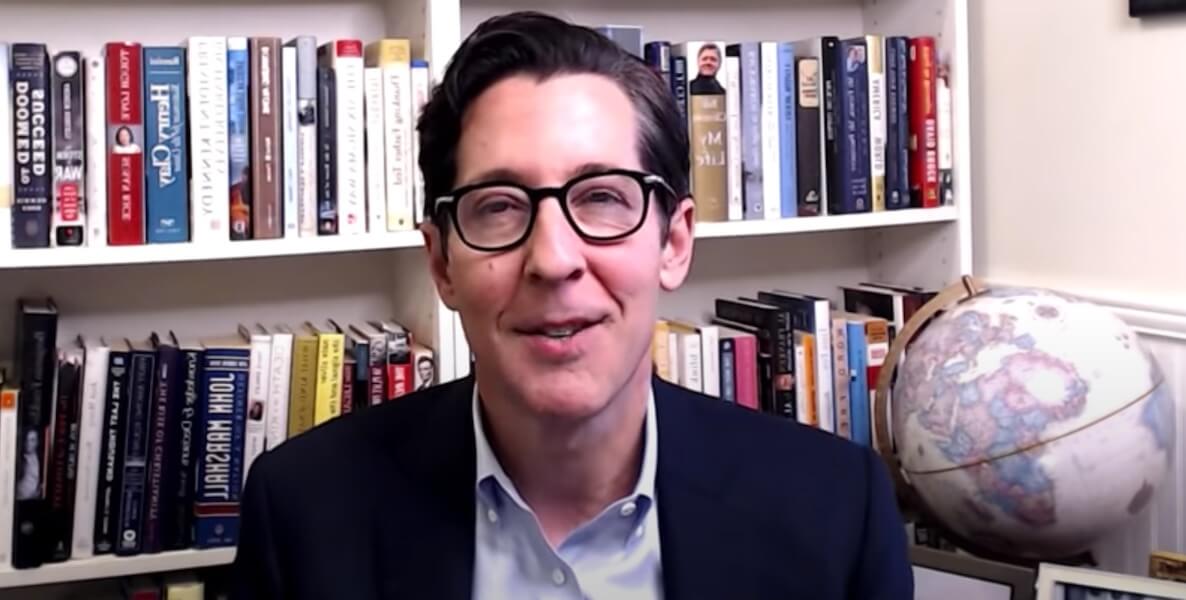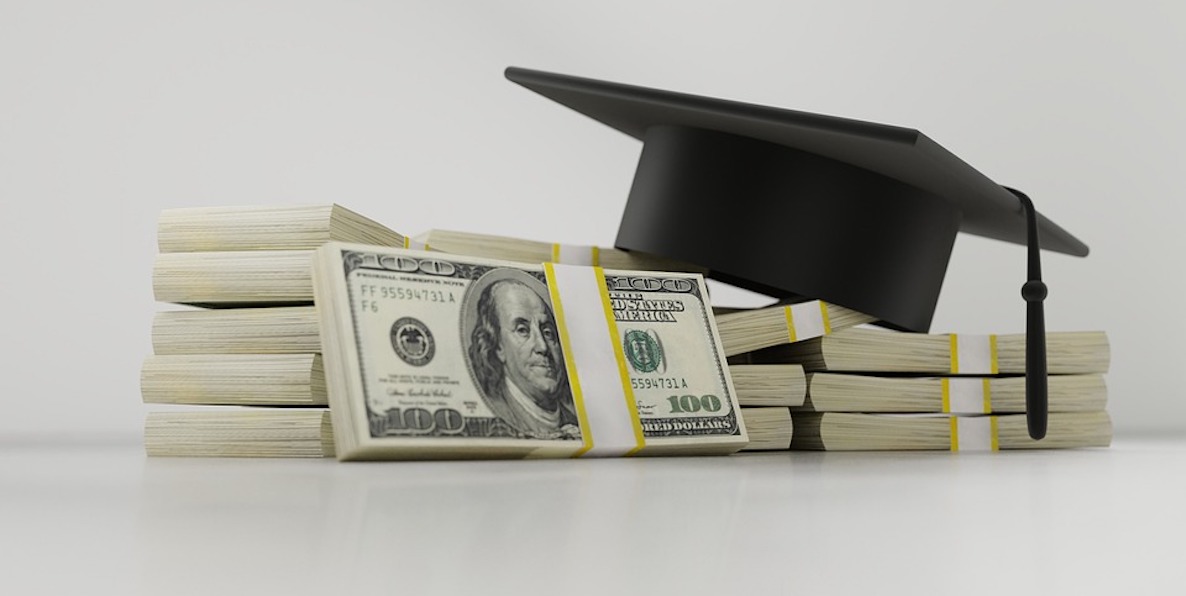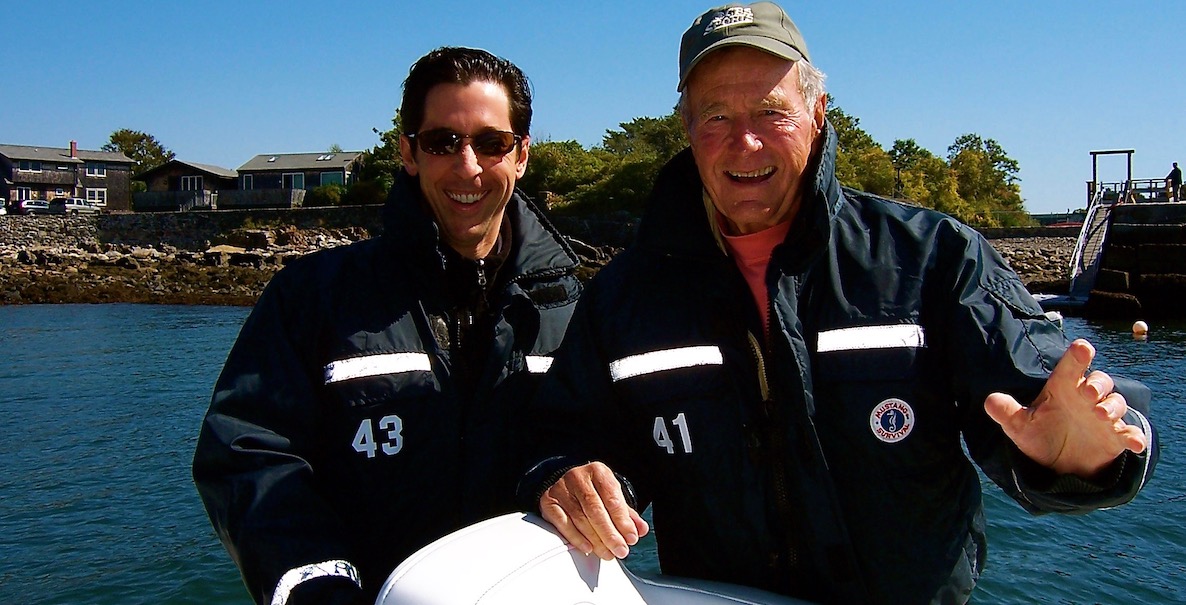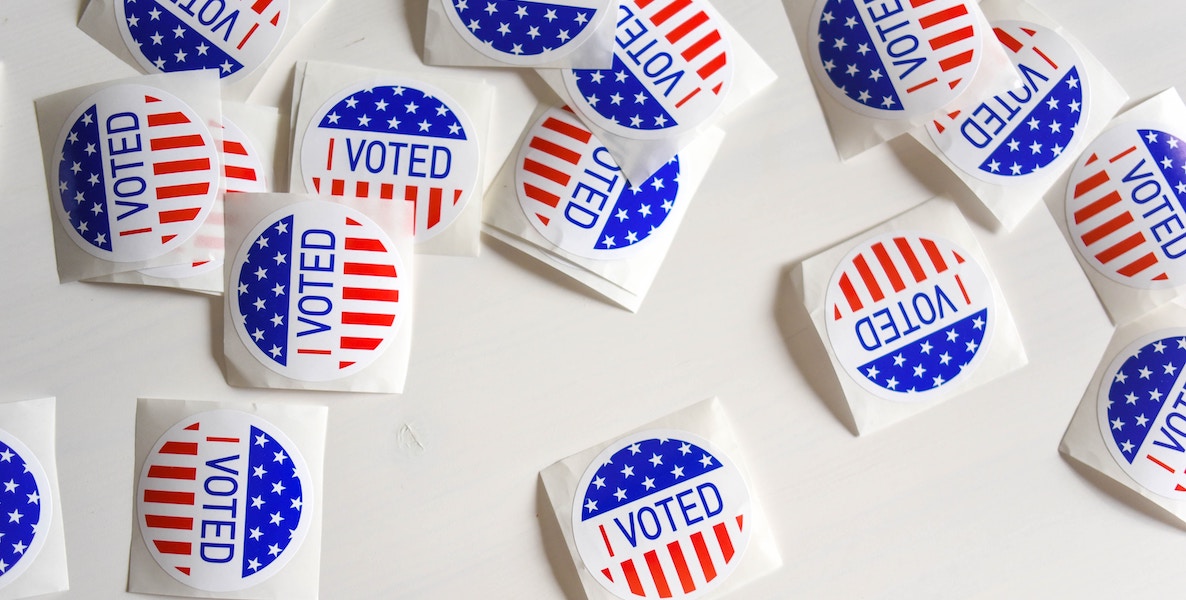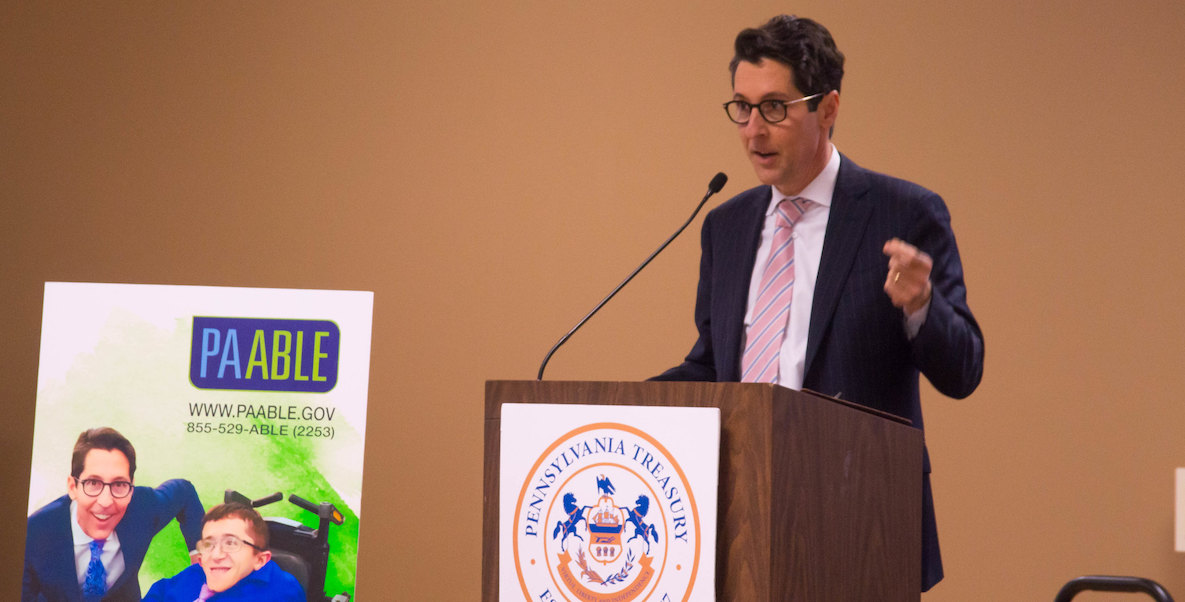Dear Colleague,
Throughout my term as Pennsylvania State Treasurer, I have written regularly to share my views. And despite our inevitable disagreements, the ongoing “conversation” I have had with members of the legislature over the past four years ranks among the most gratifying experiences of my time in this public service, which has been among the greatest honors in my life.
Be an engaged citizenDo Something
Recounting a list of our joint achievements—creating Keystone Scholars, launching the ABLE program, dramatically improving financial transparency, collaborating on Act 5 pension reforms, helping Pennsylvanians weather the storm of Covid-19, and more—always made me feel proud to be a public servants and, more importantly, hopeful about the future of our democracy.
I remain mindful of the various financial challenges we face, and I would like for the last letter I write to you as Treasurer to focus on the important work of building on the progress we have made over the last four years. But in the wake of the events of the last few weeks and months, I find myself compelled to issue a warning and a call to action. It is clear that we face a larger challenge: the ongoing threat to the legitimacy of our bedrock democratic institutions.
Ushering visiting tourists or even foreign heads of state through the Constitution Center, I would extol the Founders’ understanding that constitutions are not magical guarantees of the “ordered liberty” they aspired to for the United States. They simply offer a prescription for habits of the democratic heart.
These days, I often find myself thinking back to the 10 years I spent as founding President and CEO of the National Constitution Center, the years I spent representing our nation as an ambassador at the United Nations, and the countless times in both roles I explained and boasted about the American experiment in self-government, which remains the most important and daring political innovation the world has ever seen.
Ushering visiting tourists or even foreign heads of state through the Constitution Center, I would extol the Founders’ understanding that constitutions are not magical guarantees of the “ordered liberty” they aspired to for the United States. They simply offer a prescription for habits of the democratic heart. When a citizenry internalizes those habits, constitutions work. When those habits are disregarded, those founding documents become meaningless pieces of paper like the beautiful, stirring, and utterly powerless and irrelevant constitution of the former Soviet Union.
About Joe TorsellaRead More
Now, for the first time in our history, that chain has been broken. What’s worse, duly elected public servants chose to break it. The insurrection at the U.S. Capitol last week—an organized and violent attempt to prevent Congress and carrying out its constitutional duty—represented the horrifying climax of an extra-legal effort to thwart the results of a free, fair, and legitimate election. And while the President may bear the most direct responsibility for the events of January 6, far too many elected officials have spent the last two months helping to spread the ugly and corrosive lie that the 2020 election was “fraudulent,” or “rigged,” or “stolen.”
Two things should be very, very clear.
First: The Pennsylvania electorate voted to elect Democrat Joe Biden president, to un-elect Democrat Joe Torsella, and to send a Republican General Assembly to work with Democratic Governor Tom Wolf. Any fourth grader can tell that’s not a “rigged” election; it’s Pennsylvanians having their nuanced, considered— if personally frustrating or disappointing to some of us—and sovereign say.
Second: If you are reading this letter, it is because the election of 2020 sent you into office (for all of you in the house and the half of you in the Senate who faced the voters). Writing as someone who lost in that election, trust that I am as unhappy about my result as you are happy about yours. But accepting with grace the results of this election—or any election—is perhaps the most important duty we seek when we run for office. For we may run to advance our views or those of our party, but we serve to represent all citizens, and we swear to uphold their constitution: the sacred compact we’ve made that elections are how we resolve our differences, even when they are as deep as those between Adams and Jefferson in 1800.
The Pennsylvania electorate voted to elect Democrat Joe Biden president, to un-elect Democrat Joe Torsella, and to send a Republican General Assembly to work with Democratic Governor Tom Wolf. Any fourth grader can tell that’s not a “rigged” election.
At the Constitution Center, I would warn that democracies are strong—but also fragile. And at the UN, I watch countless nominal democracies-on-paper slide into something else in practice: autocracies at best, hotbeds of civil strife at worst. It is distressing and heartbreaking to observe that the actions of people with the gall to call themselves patriots have brought us closer to that precipice than ever before.
I won’t pretend that we all share an equal measure of responsibility for this danger. But I’ve said what I have to say to, and about, those who continue to fan the flames of misinformation, inviting further damage to our democracy.
But, fair or not, the responsibility for stopping this slide into chaos belongs to each of us. As a (soon-to-be-former) elected official, I’ve made more than my own share of mistakes. But I’ve also learned that each new day in office offered me a chance to redeem those mistakes. That is what all of us—public servants and citizens alike—have before us now.
We cannot ever erase last week’s stain on our democratic soul. We cannot unbreak this chain. But we can forge a new one. Maybe even a stronger one. And in doing so, we can find not just redemption, but a new sense of purpose that might guide us through the stormy seas of this moment in our history.
It may seem trite or naïve to suggest that there is opportunity in this crisis. But that suggestion is rooted not just in hope, but in history.
...yes, again. Get ready to vote...
During the Civil War, our Union was dealt a near-fatal—and similarly self-inflicted—blow. (Indeed, one of the most jarring images of this crisis is the site of soldiers sleeping in the Capitol Rotunda for the first time since then.) But President Lincoln and a generation of public servants —few of whom entered politics expecting to determine the fate of democracy itself—stitched it back together, remaking the Constitution with the Reconstruction amendments. And generations later when Jim Crow revealed the ultimate shortcomings and hypocrisy of our efforts at reconciliation, we remade it once again through the Civil Rights movement.
There is a reason we can look back and admire the leadership displayed by those who have held elected office during times of turmoil—it is because only admirable leadership could have shepherded our country through.
Whatever brought each of us into public service, this is now the defining responsibility of our generation: reforging the chain of democracy, reimagining our civil compact, resurrecting the guardrails of public reason that allow citizens to converge around a shared understanding of facts, recommitting to respect the people’s sovereign will, and restoring the understanding that We the People must share a common purpose because we will share a common fate.
As an elected representative of the 13 million citizens of this Commonwealth, you have an opportunity and obligation to embrace that charge. It is clearer than ever that the real treasure in Pennsylvania is not the $120 billion in our Treasury. It is our long and storied tradition of leadership in the American experiment of self-government. From our role in writing the Declaration of Independence and the Constitution, to hosting the first national government, to defending the Union in the Civil War and evolving it during the Civil Rights movement, to answering the call of service and duty over more than two centuries, we Pennsylvanians have written countless chapters of the American story that I was so proud to boast of.
I hope that we will prove equal to that example by coming together once again in spirit, renewing our bonds as one American family, and reclaiming our identity as the world’s greatest constitutional democracy under the rule of law. The American story is ours to continue, our nation’s precious legacy ours to restore.
I urge you to summon all your courage and wisdom to address this challenge. I will do my part as a citizen, and I wish you luck in doing yours as a public official. And I offer you my enduring friendship, support and gratitude for doing so.
In service,
Joseph M. Torsella
Joseph Torsella served as the Pennsylvania State Treasurer from 2017 to 2021.



